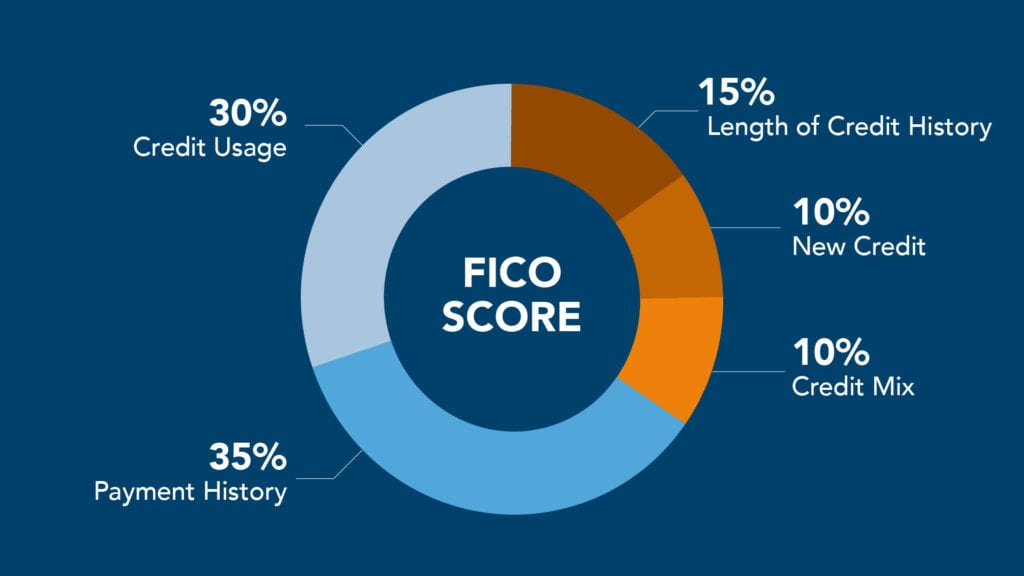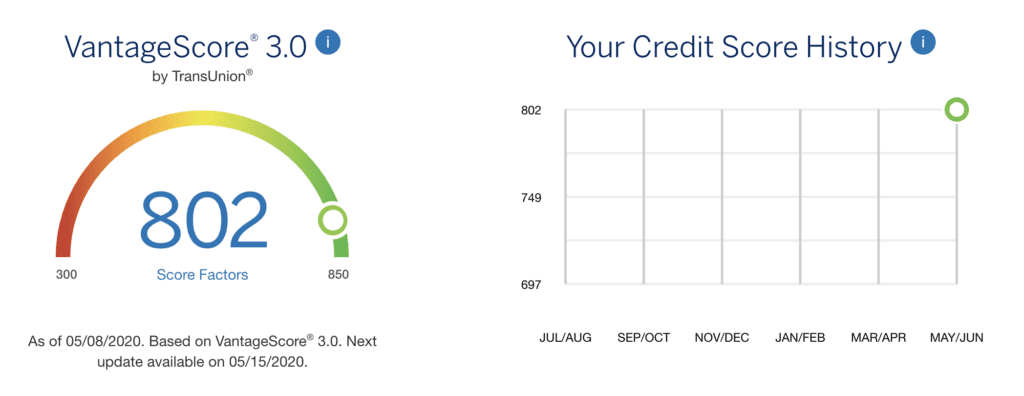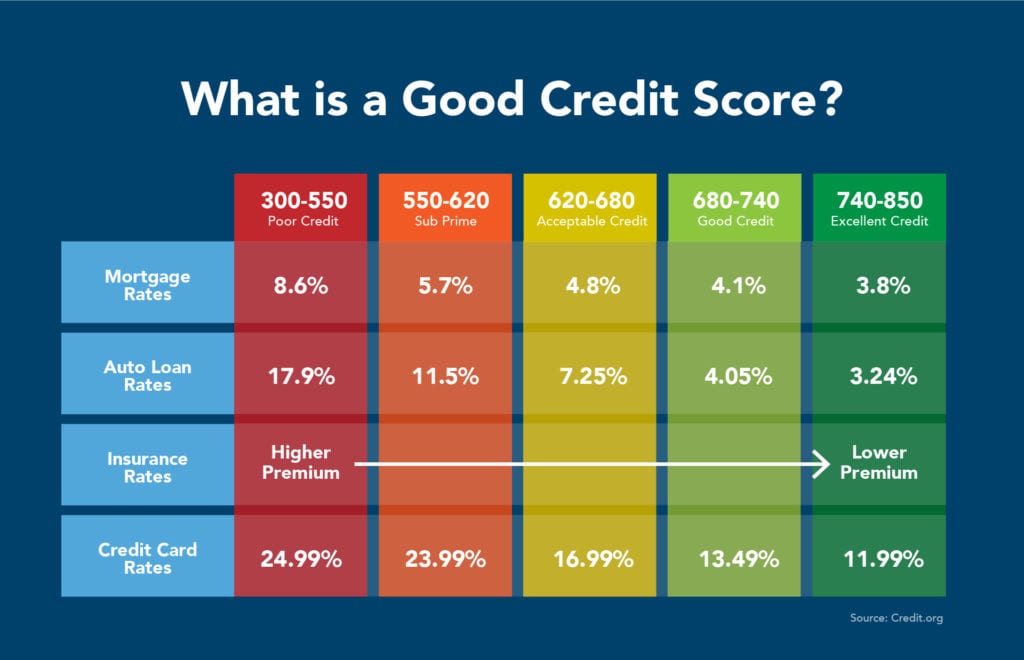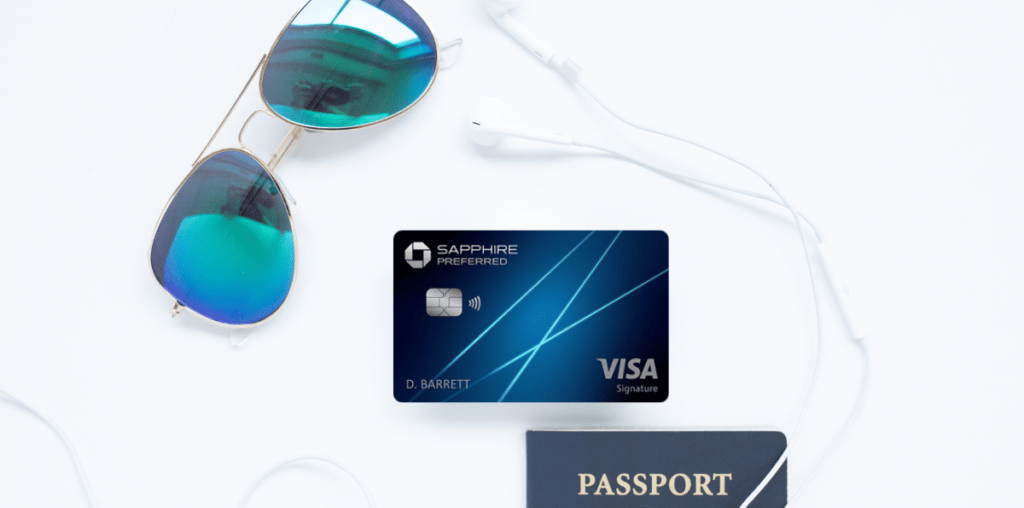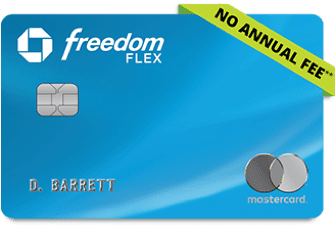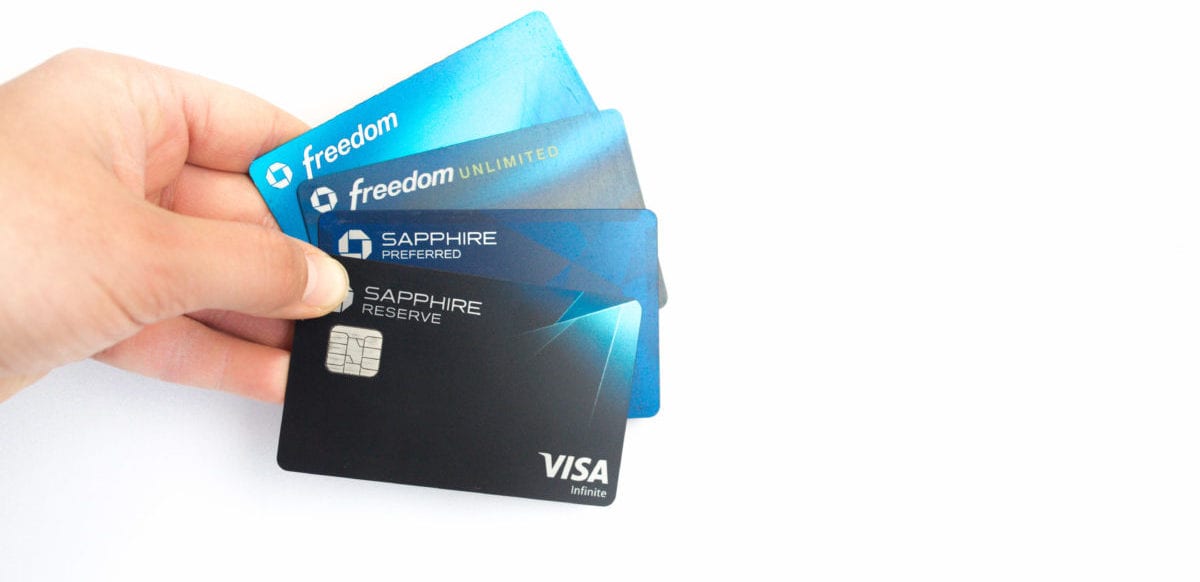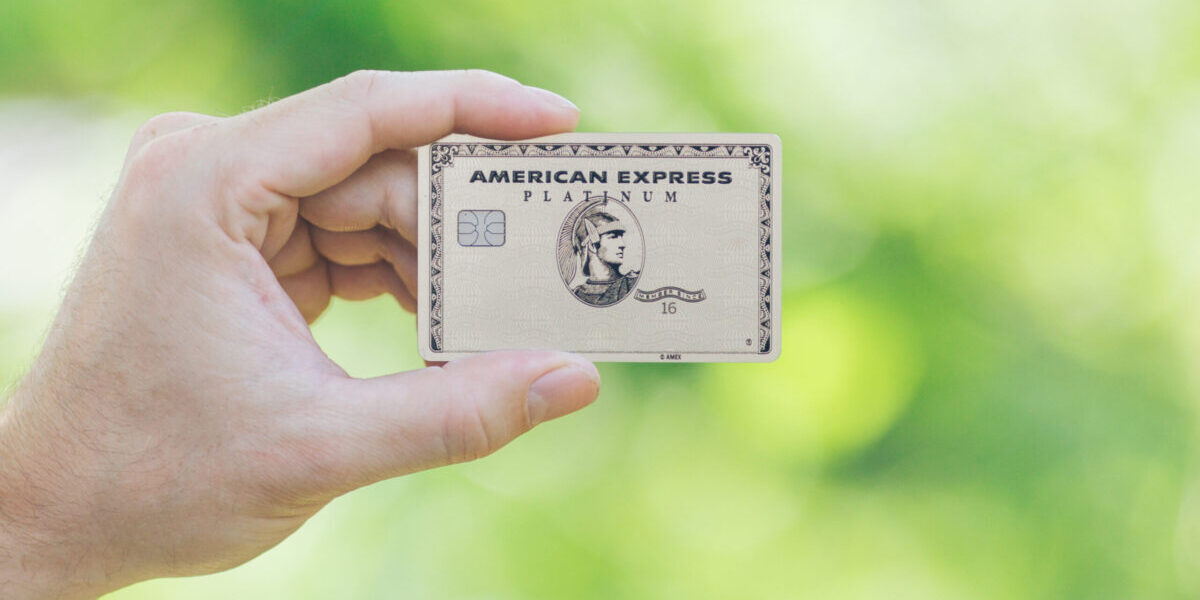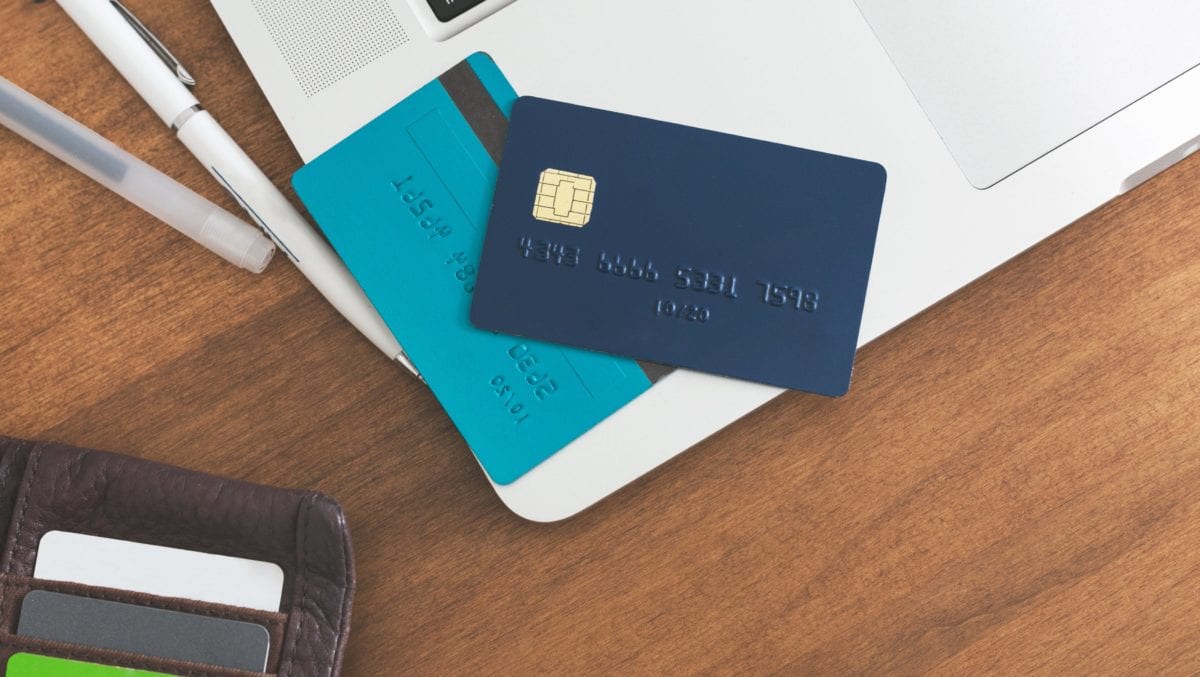The *chase sapphire preferred* is a favorite among seasoned and beginner travelers alike. That's due in large part to it's massive welcome bonus. bonus_miles_full
Whether you make a booking through Chase Travel℠ or send your points to Chase's transfer partners, there are tons of great ways to use those points for your future travels.
But first, you have to get approved. So, what credit score will it take to get the Chase Sapphire Preferred Card? As with many things in the world of credit cards, there's not exactly a one-size-fits-all answer – approval requirements rely on a number of different factors.
Still, there's some general guidance we can give you. So let's take a look at how credit scores work and what score you may need to get the Chase Sapphire Preferred credit card.
Learn more about the *csp*.
How is Your Credit Score Really Calculated?
Before we get into the specifics of getting the Chase Sapphire Preferred Card, we need to go back to basics. Let's talk about credit scores.
You’ve almost certainly heard a tip, rule, or guideline about credit cards and how your credit score works that simply isn’t true. Many Americans simply believe that more credit cards equals bad credit scores. Let's set the record straight.
Your score is composed of five different categories, each weighted differently for how much it affects your final score. This is the FICO scoring model, and it's the most common way your credit score is calculated … by far.
- Payment History (35%): The most important factor of your credit score. That's why it's absolutely essential to always pay your bills on time.
- Credit Utilization (30%): The ratio of how much credit you're using compared to the total amount of credit extended to you. Using $1,000 of a $10,000 credit limit gives you a 10% credit utilization. Keeping your total credit utilization under 30% will have a positive impact on your credit score.
- Length of Credit History (15%):The longer your credit history, the better. Potential lenders will see you as more creditworthy if you have more credit history.
- Credit Mix (10%): Diversifying your open credit accounts will have a positive impact on your score. Having different credit accounts open (auto loans, mortgages, student loans, credit cards) will give your score a nice bump.
- New Credit (10%): This is why applying for a new line of credit can have a small, temporary impact on your overall credit score. But if you're making on-time payments and being responsible with credit, it's likely to improve your credit score in the long run.
Learn how to check your credit score for free!
But what does all that mean when it comes time to apply for a credit card? All the factors spelled out above will combine to calculate your credit score.
To get approved for most credit cards, your credit score will need to be above a certain threshold, and that number is different from credit card to credit card. Scores are typically lumped into buckets labeled as either Poor Credit, Subprime, Acceptable Credit, Good Credit, and Excellent Credit. Here's what that looks like in practice.
So what does that mean if you're applying for the Chase Sapphire Preferred?
Chase Sapphire Preferred Credit Score: What Do You Need?
Historically, Chase has indicated that you need to fall into the “Good” to “Excellent” credit buckets to be approved for the Chase Sapphire Preferred.
That means you'd need at least a 680 credit score to get approved. But in practice, it's been much different. From our own experience, accounts from readers, and historical data from creditcards.com, anyone with a score below 700 generally will have a hard time getting approved for the Chase Sapphire Preferred Card.
Now, that's not a hard-and-fast rule. There are certainly exceptions. But your best bet for getting the Chase Sapphire Preferred is likely by having a credit score of 700 or higher.
But even now, that is changing.
Has it Gotten Harder to Get the Chase Sapphire Preferred Card?
COVID-19 has wreaked havoc on travel and the economy. And that has led many banks to make it even harder to get approved for a credit card.
That makes sense. As the economy teetered and unemployment claims hit record numbers over the spring of 2020, banks expected credit card payment default rates to follow suit. Limiting their exposure to defaults was a way to mitigate that risk.
And an easy way to mitigate risk is to make it harder to get approved for credit cards or other lines of credit. Translation: You may need a higher credit score to get approved for a credit card than just a year ago. And anecdotally, that seems to be true for the Chase Sapphire Preferred Card.
So while a score of around 700 might have passed muster just a few years ago, having a credit score of 720 (or even higher) is likely your best bet to get approved for the Chase Sapphire Preferred Card.
Only Chase knows with 100% certainty the recipe for success when it comes to getting approved. And there is more to it than simply your score – Chase will look at plenty of other factors when deciding whether to accept or reject your application.
Related reading: Turned Down for a Credit Card? The Master Guide to Credit Card Reconsideration
Other Factors Behind Approval with Chase
Getting a Chase credit card goes beyond your credit score.
Most importantly, all Chase credit cards are subjected to the notorious Chase 5/24 rule. If you have opened five or more personal credit cards from any bank (not just Chase) in the last 24 months, Chase will automatically reject your credit card application – even if you have a perfect credit score.
Here's our video spelling out everything you need to know about the Chase 5/24 rule.
There's one other important restriction to keep in mind. Chase will limit you if you have already earned a bonus on either the Chase Sapphire Preferred or Reserve card in the past 48 months. From the terms and conditions of the credit card application:
“The product is not available to either current cardmembers of any Sapphire credit card, or previous cardmembers of any Sapphire credit card who received a new cardmember bonus within the last 48 months.”
If none of these restrictions apply to you, and you still don't get immediate approval on your application, we always recommend calling the Chase reconsideration line.
The number is 1-800-945-2006, and you can expedite the process of an approval decision by giving them a call. Without calling, a decision can sometimes take up to 3o days.
What if Your Credit Score Doesn't Cut It?
If you think your credit score isn't high enough to get the Chase Sapphire Preferred Card, here's what you can do.
Improve your Credit Score
- People with the highest credit scores have zero late payments and utilization ratios of less than 10%. Never miss a payment and pay all your credit card bills on time – and always in full.
- Eliminate your credit card debt. You won’t pay interest charges and you will have the maximum credit utilization ratio since you won’t be carrying a balance.
- Keep accounts open for as long as possible. We always recommend keeping 1-2 credit cards with no annual fees to increase the average age of your credit accounts.
- Take advantage of your free annual credit report at AnnualCreditReport.com. You should also monitor your credit for free through platforms like Credit Karma.
Improving your credit score will take some time. How much time really depends on what type of negative elements your credit report. Delinquencies can remain on your credit report for a long time. But it's important to pay down any debt and establish a history of paying your bills on time.
Apply for a Chase No-Annual Fee Card First
Both the Chase Freedom Unlimited® and Chase Freedom Flex℠ cards are a great place to start to build a relationship with Chase. Just like the Chase Sapphire Preferred Card, they both require good to excellent credit scores for approval – but anecdotally, approval is a bit easier.
So if you're just on the edge of what is needed for the Preferred, get one of these cards first to establish a credit line with Chase. But you'll want to make sure you can pay your bills on time and in full for a few months before you apply for the Chase Sapphire Preferred Card.
Chase Freedom Unlimited Card
- Earn 5% cashback on travel booked through Chase Travel℠
- Earn 2% cashback on Lyft rides through September 2027
- Earn 3% cashback on dining
- Earn 3% cashback at drugstores
- Earn an unlimited 1.5% cashback on all other purchases
- No Annual Fee
Learn more about the *freedom unlimited*.
Chase Freedom Flex℠
- Earn 5% cashback on rotating quarterly categories on up to $1,500 of spending each quarter, which could include:
- Grocery stores, gym memberships, streaming services, gas stations, etc. See our list of the Freedom bonus categories
- Earn 5% cashback on travel booked through Chase Travel℠
- Earn 2% cashback on Lyft rides through September 2027
- Earn 3% cashback on dining, including takeout and delivery services
- Earn 3% cashback at drugstores
- No Annual Fee
All information about the Chase Freedom Flex was collected independently by Thrifty Traveler and has not been reviewed by the issuer.
Learn more about the Chase Freedom Flex Card (for full disclosure, this is our personal referral link).
Both of these cards technically earn cashback, but when you get a Sapphire card or another that earns Ultimate Rewards points, you can convert that cashback into Ultimate Rewards points. And considering these cards are better for many everyday expenses, that makes them the perfect way to complement a Sapphire card.
Read more: Chase Freedom Flex vs the Freedom Unlimited: Which is Right for You?
Bottom Line
Though it's not as sought-after as the *chase sapphire reserve* card, you still need a very good – if not excellent – credit score to get approved for the Chase Sapphire Preferred Card. A 720 or higher is probably your best bet these days, though that's by no means set in stone.
If you don't quite make the cut, take steps to increase your score or consider applying for the Chase Freedom Unlimited or Freedom Flex first.
Learn more about the *csp*.
